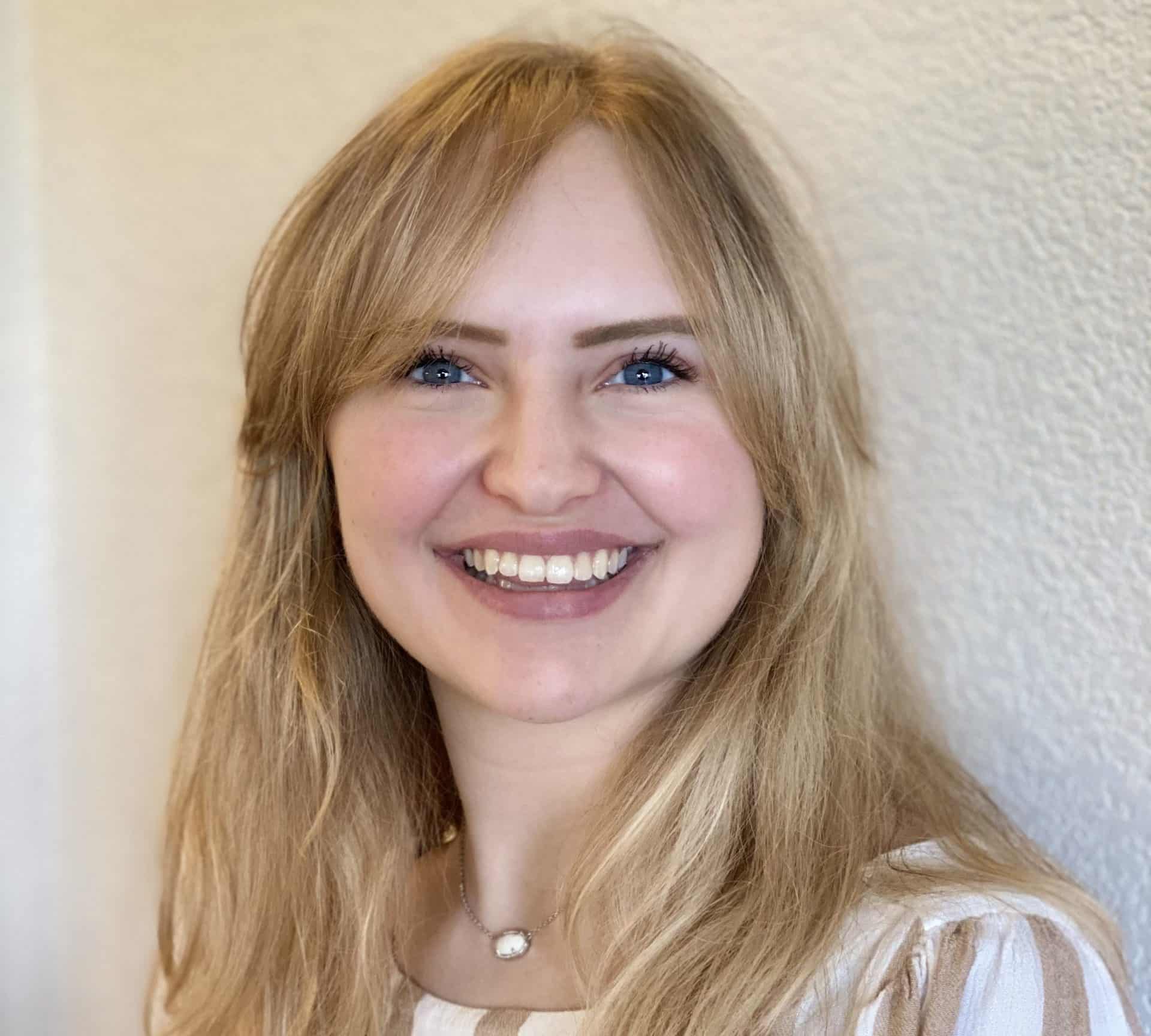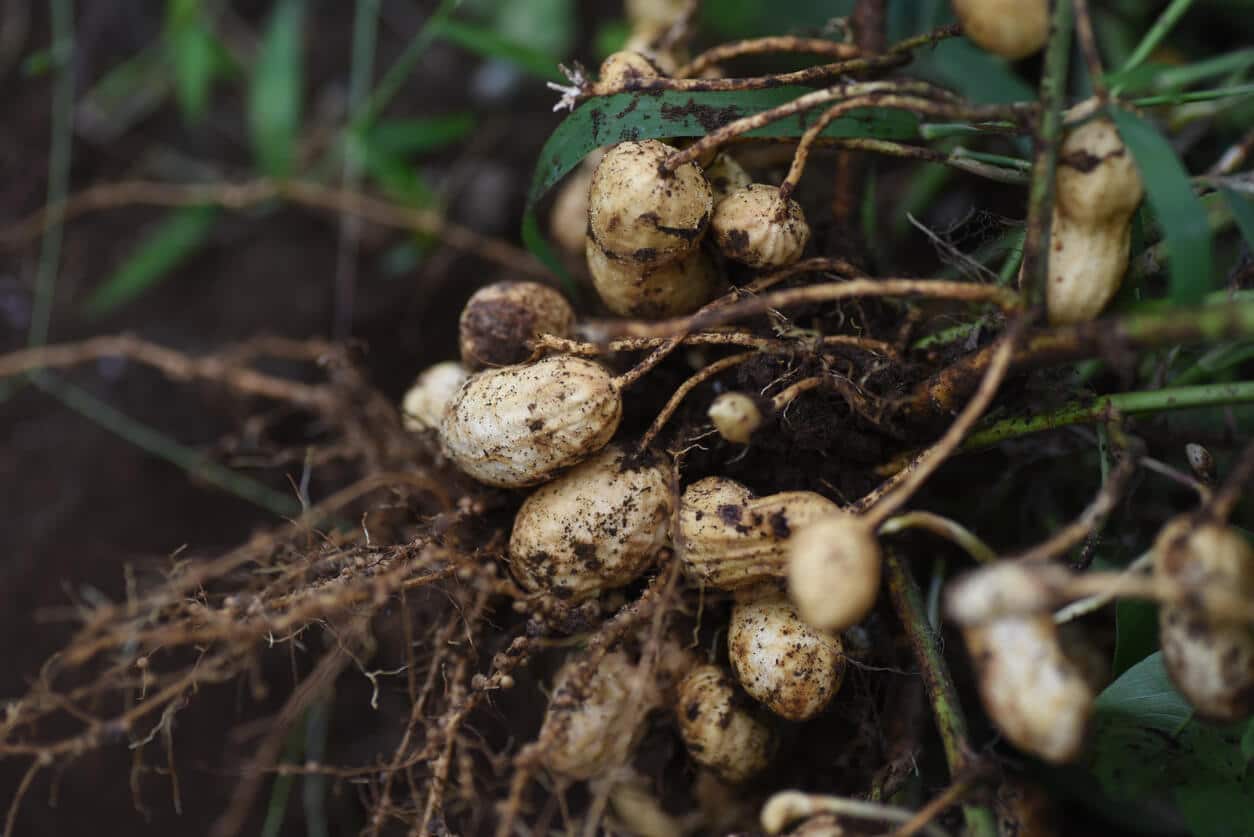Borlaug Scholar Brianna Cheek is an incoming M.S. student at the University of Georgia after graduating magna cum laude from Texas A&M University with her B.S. in Plant and Environmental Soil Science (minor in Plant Breeding). While at Texas A&M she had the opportunity to work on an undergraduate research project developing an assay to screen for cotton leafroll dwarf virus in the lab of Dr David Stelly. As a 2019 Wallace-Carver Fellow, she interned in Dr Matthew Rouse’s USDA lab searching for molecular markers against stem rust in wheat. Besides her involvement in research, Brianna has participated in leadership organizations as a departmental representative on the COALS Council and as a member of the Texas A&M Agronomy Society.
She tells us her story.
Seed World (SW): Tell us about yourself.
Brianna Cheek (BC): I am 21 years old, and my favorite food would have to be anything sweet! Since I am from Texas, my favorite genre of music is country, and I think some words to live by come from Norman Borlaug himself: “You can’t build a peaceful world on empty stomachs and human misery.”
SW: What’s one thing you want people to know about you?
BC: I want people to know that I am very passionate about plants, science, and feeding people. I love how these three passions of mine have been able to combine into my future career as a plant breeder. It is very rare to find a job that aligns so perfectly with personal interests, so I feel very lucky and honored to be in the field that I am going into. I also have a ton of houseplants and I am always looking to get more!
SW: How did soil science initially catch your interest — and how did that translate to plant breeding now?
BC: I knew that I wanted to work in plant breeding ever since I attended the 2017 World Food Prize Youth Program in Des Moines, IA. I was able to hear directly from the scientists, policymakers, and advocates working to solve world hunger, and I was instantly drawn to the idea of having a career that made a real difference in the world. After that, I started to look for any part-time jobs in labs around campus, and I initially faced rejection from a sorghum lab at A&M. Thankfully, I was able to secure a job over winter break at an environmental monitoring lab, and then in the summer of 2019 I received the incredible opportunity to be a Wallace-Carver Fellow and intern in a USDA laboratory on the University of Minnesota campus. When I returned to A&M in the fall, I once again struggled to find a place in a plant science lab, so I branched out again and worked at a soil characterization lab. Luckily, my last year at A&M provided me with a student worker position in the potato breeding and genetics lab as well as an undergraduate research opportunity in a cotton lab. So while plant breeding was always my goal, I did have to branch out and gain experience in multiple labs before I was able to narrow down my interests.
SW: I saw you got to work with cotton and wheat — is that something that you’d like to pursue in the future, or do you want to work with different crops in the future?
BC: I am open to working with any and all crops, as I believe in gaining as much experience as I can to make myself a better plant breeder and expand my horizons. Besides cotton and wheat, I have been able to work with potatoes, which means I got a lot of free fries! I am currently pursuing my M.S. at the University of Georgia, where I will get to work with peanuts for the first time. I am really looking forward to learning more about this incredible crop and seeing where my career takes me. Some other crops I am particularly interested in would be pecans, corn, and bananas.
SW: What are you planning on pursuing in your M.S.?
BC: I am currently enrolled at the University of Georgia where I am pursuing my M.S. in Plant Breeding, Genetics, and Genomics. My project will be on the genetic mitigation of aflatoxin contamination in peanuts, which I will be conducting in the lab of Dr. Peggy Ozias-Akins. I am incredibly honored to be able to learn from such an esteemed scientist and professor, and I am excited to be studying on such a beautiful campus. I know that I will gain a wealth of knowledge and skills from the rigorous classes and top professors at this university.
SW: What are you looking forward to seeing in the future of breeding?
BC: I am looking forward to seeing the intersection of technology and traditional breeding as we move into the future. From technological advances like drones to transgenic breeding methods, there are just so many developments in technology that can be used to gain higher yields, lower amounts of waste, and increase the speed of development of new varieties. I can’t wait to see how the innovation of tomorrow will merge with the current knowledge we have today.












